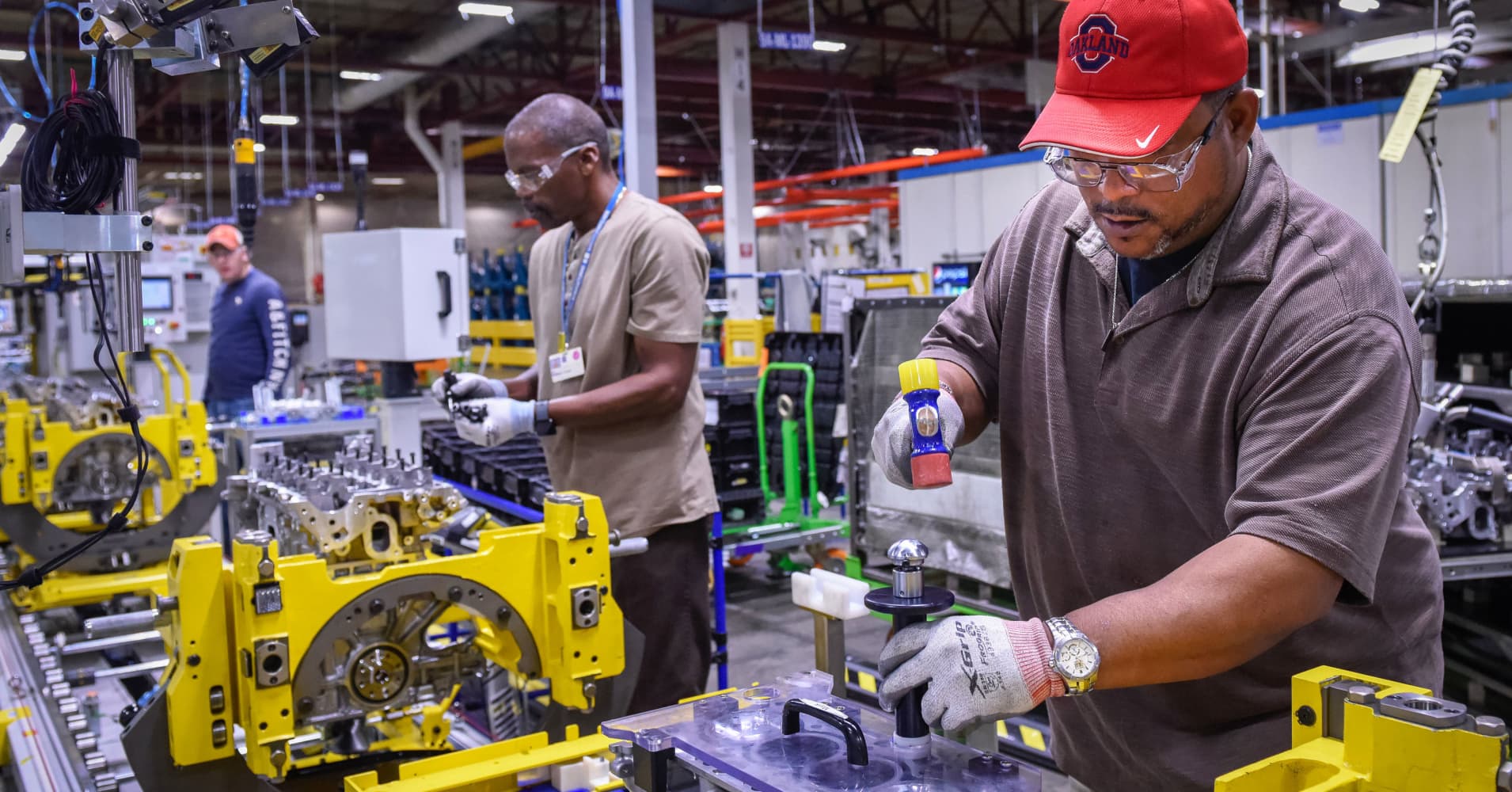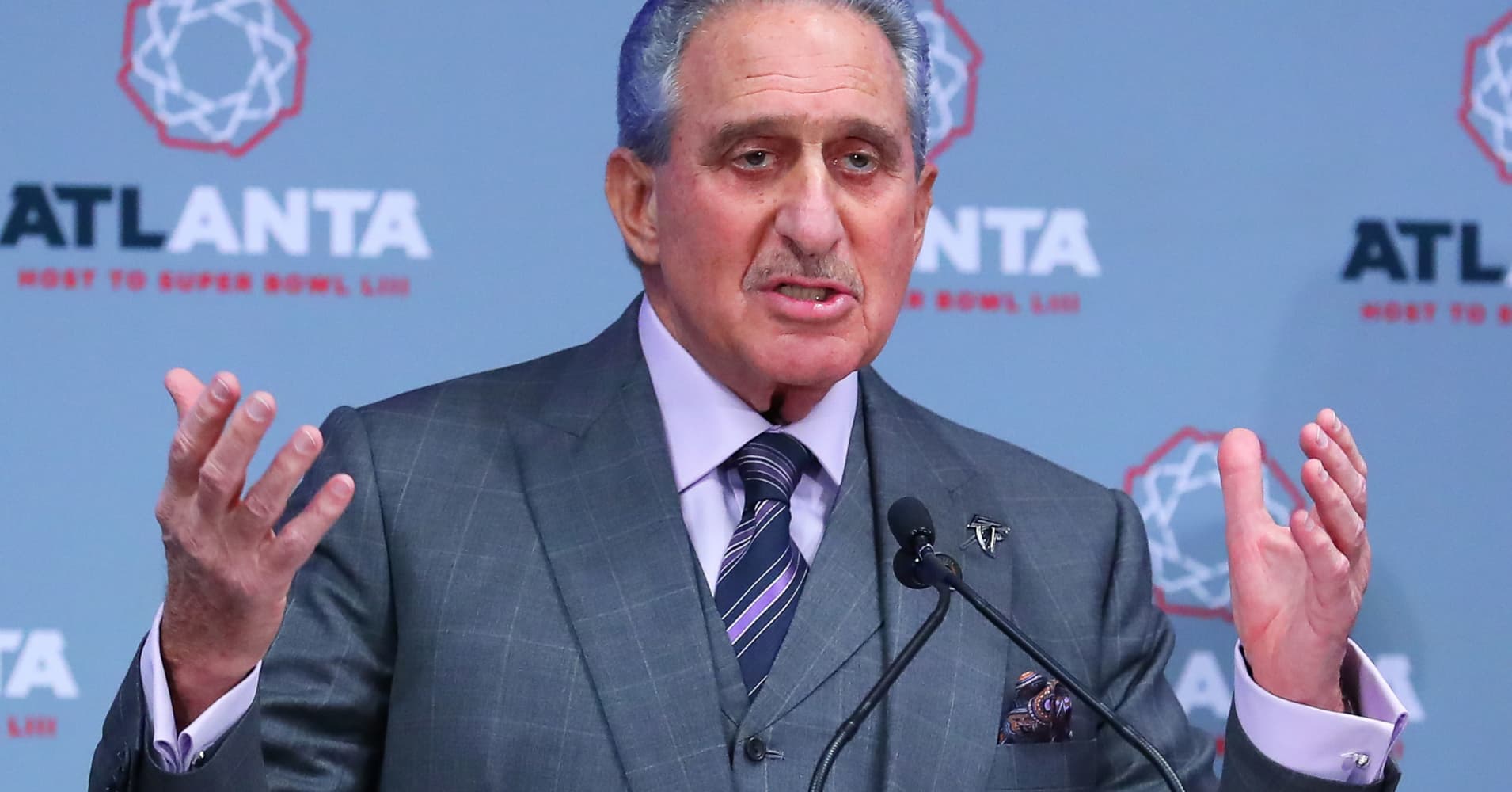
Downhill skier Lindsey Vonn has been setting lofty goals since age seven. For a grade school assignment, she wrote that she wanted “to make it to the Olympics and win more ski races than any woman ever has,” she told The New York Times. “But I later changed that to say that I wanted to make it to a bunch of Olympics.”
The 34-year-old athlete, who announced today she’d retire from ski racing after the World Championships in Sweden this month, has exceeded her childhood dreams: She has three Olympic medals, including one gold, and 82 World Cup victories, which is more than any other woman in history.
She is retiring earlier than planned due to a series of painful injuries and surgeries, she explained in an Instagram post today. “My body is screaming at me to stop and it’s time for me to listen.”
Her successful career has taught her many important lessons both on and off the slopes. When it comes to realizing your dreams, “there’s a lot people don’t tell you,” Vonn told CNBC Make It last October.
Especially regarding money: “When you become successful, managing your money and finding ways to keep that money safe, but also using it to generate more money, is always very difficult.” That approach can prevent a well-paid professional athlete from ending up broke.
Vonn’s advice to athletes coming into a lot of money at a young age is simple: Play it safe.
“The best way to not lose your money is to not spend it. Put it away and be modest,” she told CNBC Make It. “Eventually, when you get to a financially secure point, you can spend more, but the best thing you can do now is just keep the money safe.”
Be prepared, financially and mentally, for your career to end, said Vonn, since “one thing that is prevalent in any sport is that your careers are always going to be shorter than you expect.” As a pro, “you’re confident in your ability and you think that this kind of money is going to come in for a long period of time. But you just never know what’s going to happen.”
“It’s important to always be thinking about the next steps,” added Vonn at the time.
Vonn has not revealed her next career phase, but did express an interest in entrepreneurship last fall. At the time, she also joined forces with Chase Ink on a small business collaboration.
“I’m in the works with some things right now that I can’t disclose yet,” she said last October, “but things are moving along and I’m really looking forward to when I retire at the end of this season and can really put all of my efforts into this new business.”
As she explained today on Instagram, “I’m just starting a new chapter.”
This article was originally published October 26, 2018 and has been updated.
Don’t miss: Olympian Lindsey Vonn: The wage gap in professional skiing is ‘severe’
Like this story? Subscribe to CNBC Make It on YouTube!







